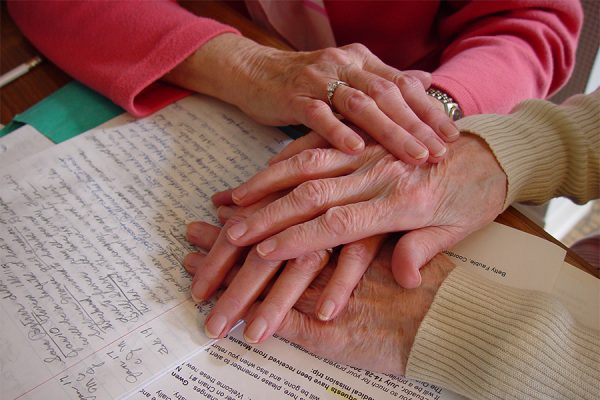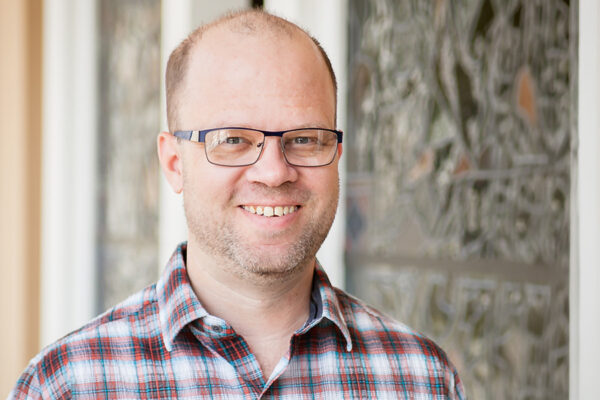Diverse world, diverse church
I am what you call a “cradle Lutheran.” I grew up going to the same Lutheran church in Lebanon, PA until after I finished seminary and moved to the Quad Cities. I was baptized, confirmed, married, and overall raised in the faith at Holy Trinity. I attended a Lutheran college for undergrad and then went on to a Lutheran seminary. I love the Lutheran church – it is part of me. I love the theology of grace that we teach and preach. I love our tradition of worship and emphasizing the need for everyone to participate. I love all of my teachers and mentors who helped form me to the pastor I am today. But I also want recognize that Lutheranism is just one “flavor” of Christianity in the United States and around the world.
So that is why the time that I spent in Indianapolis for the Forum for Theological Education conference, funded by the Lily Endowment, was so incredibly meaningful for me. When we think about the kingdom of God, it is vastly diverse of all ages, genders, races, and cultures; but when we look around at the people in our pews on a Sunday morning that is not quite the church that we see.
It was so refreshing to walk into that main conference room in Indianapolis and see people of all races and all denominations of Christianity. I kept thinking – this is what the universal church looks like when it is at its best. It’s energetic, diverse, and hopeful. In working with others of different races and theologies to share the love of Christ, I was reminded how important it is to have all different voices at the table represented. To give you a taste, my small group at the conferences included pastors that were Baptist, Reformed, Methodist, and African Methodist Episcopal. Our conversation was rich and filled with encouragement. We are passionate about the same things, the lenses we use are all different, but the hopeful outcome is the same – to bring more people to know the love of Christ.
I could go on and on about how great and refreshing this conference was, but the point I am trying to make is that the church is the most beautiful and productive when we stop arguing over who is right and who is wrong, and start noticing which voices we are missing at the table. To put it in perspective The Evangelical Lutheran Church in America is one of the largest denominations in the United States, but is also the least diverse. We have work to do.
A glimmer of hope came just this past week. The ELCA made history with the elections of the first female African-descent synod bishops; the Rev. Patricia A. Davenport was elected bishop of the ELCA Southeastern Pennsylvania Synod, and the Rev. Viviane Thomas-Breitfeld was elected bishop of the ELCA South-Central Synod of Wisconsin. The black female voice has been missing from this position of leadership in the church since it started, and so we are grateful they will now have a seat at the bishops table to bring and share their experiences and to help make the mission of the church even stronger.
As a cradle Lutheran I admit that I have a very limited view on what the church is and could be, but I am grateful for the opportunities and for the people who help me see the vastness and diversity that makes up the kingdom of God.
– Kelsey Fitting-Snyder, pastor in residency





Susan Grove
Kelsey, I appreciated your sermon last Sunday with a focus on all of us as children of God. I grew up in the Presbyterian Church and moved easily to the Lutheran Church when I met Rex. Although I have always lived here in the heartland, I have traveled and read enough to feel like I live in a global world. I wish St. Paul reflected that more clearly every Sunday but I know St. Paul is never-the-less a part of that global world. And we can not measure God’s love – it is with us all, everywhere, always.